Scaling a business isn’t just about growth—it’s about sustainable, efficient expansion that doesn’t overwhelm your resources. When done correctly, scaling allows you to serve more customers, increase revenue, and build a resilient company without burning out. However, to scale effectively, you need the right strategy that optimizes your processes while ensuring quality and consistency.
Automation and delegation are two key strategies that help business owners free up their time and increase productivity. But which one is right for your business? The answer isn’t always straightforward.
Let’s break down the differences between automation and delegation, when to use each strategy, and how they work together to help you scale your business efficiently.
What Is Automation?
Automation uses technology to perform repetitive tasks without manual intervention. From email marketing to project management, automation tools help streamline operations and reduce human errors.
Common Examples of Automation
- Email Sequences & CRM Automation: Use tools like Pipedrive to send automated follow-ups and nurture leads.
- Project & Task Management: Platforms like Insightly help manage workflows and automate recurring tasks.
- Chatbots & Customer Support: AI-powered tools automate responses to common customer queries.
- Invoice & Payment Processing: Automate invoicing with tools like QuickBooks.
When to Use Automation
- Tasks are repetitive and rule-based.
- Speed and efficiency are top priorities.
- Consistency and accuracy are critical.
- You need to scale operations without increasing headcount.
What Is Delegation?
Delegation involves assigning tasks to team members, virtual assistants, or freelancers. It enables business owners to focus on high-value tasks while empowering their team to handle operations.
Common Examples of Delegation
- Administrative Tasks: Outsource email management, scheduling, and bookkeeping to a virtual assistant.
- Content Creation & Marketing: Hire a content writer or social media manager to handle blogs, ads, and social posts.
- Customer Service & Sales: Delegate support and outreach efforts to a dedicated team.
- Project Management: Assign team members to oversee deadlines and deliverables.
When to Use Delegation
- Tasks require human judgment and adaptability.
- Personalization and customer interaction are necessary.
- You need expertise that technology can’t replicate.
- You want to build a team culture and leadership pipeline.
Automation vs. Delegation: Which One Is Best?
Both automation and delegation are essential for scaling, but the best choice depends on the type of task and your business goals. Here’s a quick comparison:
| Factor | Automation | Delegation |
| Best For | Repetitive, rule-based tasks | Complex, creative, or interpersonal tasks |
| Scalability | High | Moderate |
| Cost Efficiency | Lower over time | Higher, depending on labor costs |
| Flexibility | Limited | High |
| Implementation | Requires setup and integration | Requires hiring and training |
The Best Strategy: A Hybrid Approach
Instead of choosing one over the other, successful businesses use a mix of automation and delegation.
Example of a Hybrid Approach
- Automate lead generation with email marketing funnels.
- Delegate sales calls to a trained representative.
- Automate onboarding sequences for new clients.
- Delegate customer relationship management to a dedicated team.
How to Get Started with Automation & Delegation
To determine where to start, ask yourself:
- Which tasks take up most of my time?
- Can this task be systemized and automated?
- Does this task require creativity, judgment, or human interaction?
- Will delegating free up time for higher-value activities?
Start by automating small, repetitive tasks with tools like Zapier, Slack Workflows, or Trello Automations. Then, delegate tasks that require strategy, oversight, or a personal touch.
Ready to Scale Your Business?
At Process Partners, we help businesses optimize operations, streamline workflows, and build scalable systems. Whether you need help automating processes or delegating effectively, our fractional COO services can create a customized growth strategy for your business.
Book a free call today to discover how we can help you scale faster!
By implementing the right balance of automation and delegation, you’ll free up your time and build a business that operates smoothly—without you being in the weeds.




